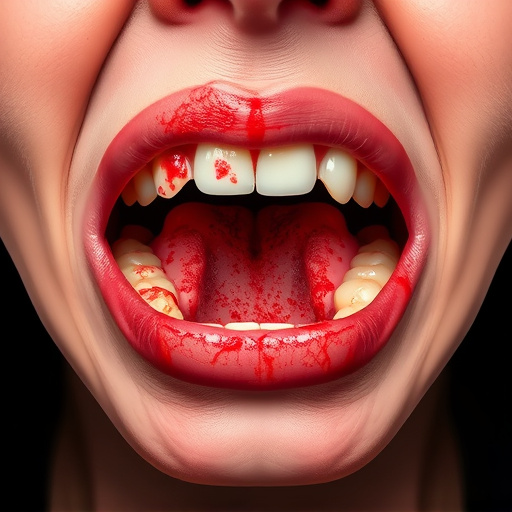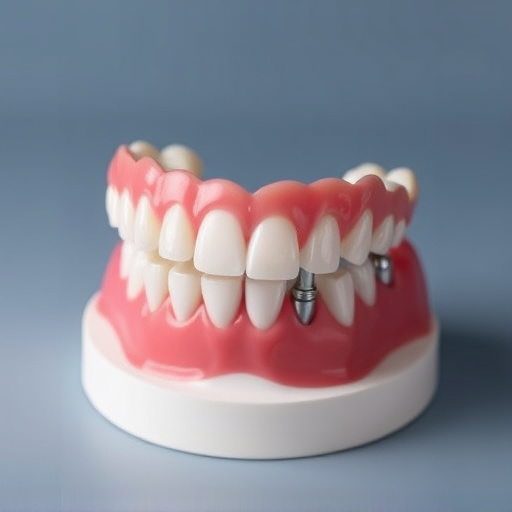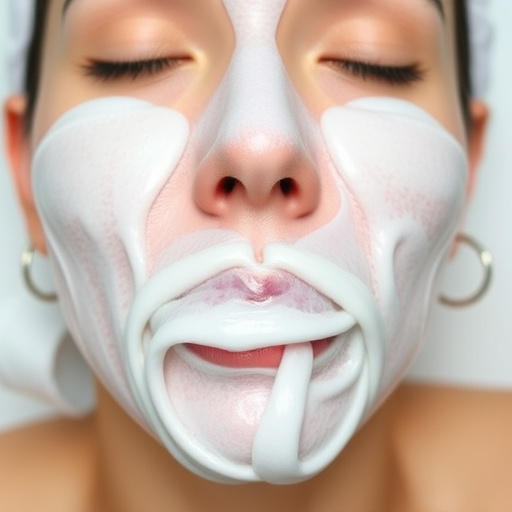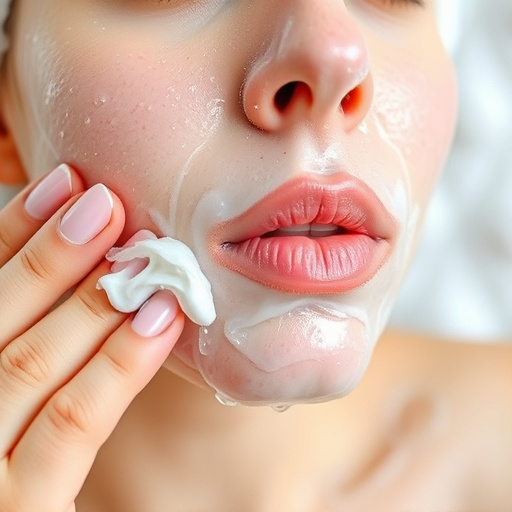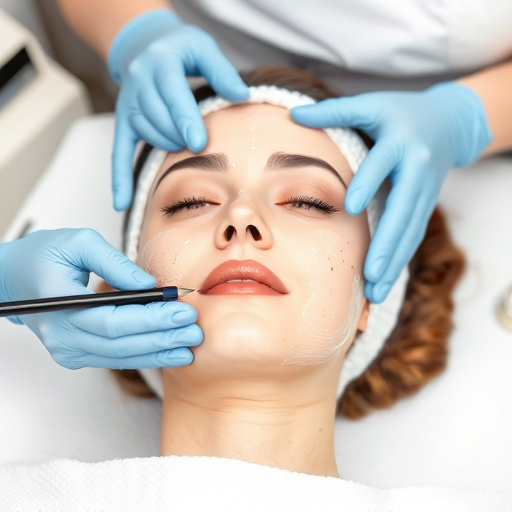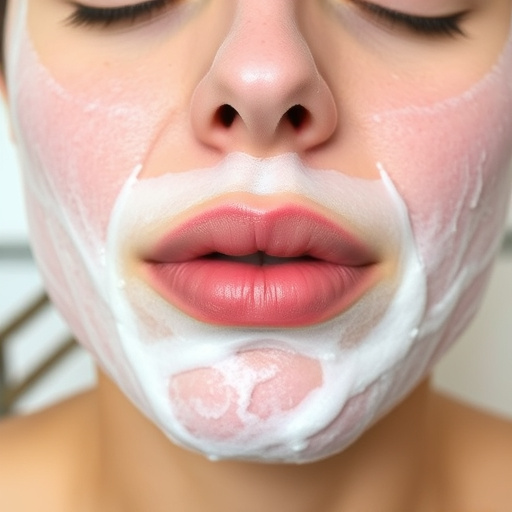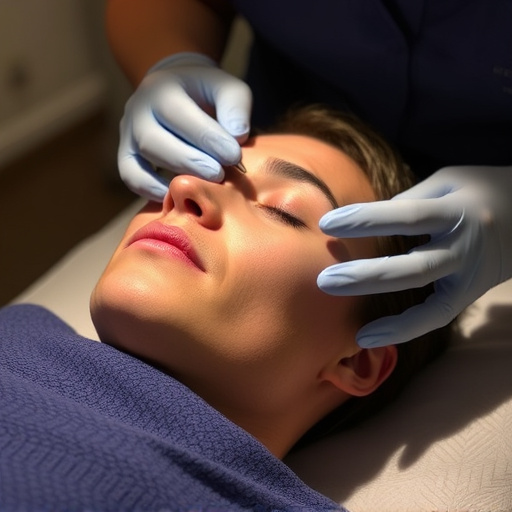Hormones regulate hair growth and cycles, impacting bikini laser hair removal outcomes. Testosterone promotes male facial/body hair, while oestrogen influences female scalp hair. Hormonal fluctuations alter treatment results by changing growth phase timing. Specialized spas offer personalized plans, combining laser treatments with complementary services for optimal results. Maintaining hormonal balance is key to maximizing success, as hormones affect both hair growth and skin sensitivity post-treatment. Addressing underlying imbalances through medical advice enhances longer-lasting results.
“Uncover the fascinating connection between hormones and bikini laser hair removal effectiveness. This comprehensive guide delves into how our body’s chemical messengers influence hair growth, offering insights crucial for achieving smoother, longer-lasting results. From understanding the basics of hormone function to exploring the advanced science behind laser treatments, we’ll navigate the path to optimal beauty. Learn how hormonal balance can enhance your bikini laser hair removal experience and bid farewell to unwanted hair for good.”
- Understanding Hormones and Their Role in Hair Growth
- The Science Behind Bikini Laser Hair Removal
- Optimizing Results: Hormonal Balance for Effective Treatment
Understanding Hormones and Their Role in Hair Growth

Hormones play a pivotal role in hair growth and cycle, which is why understanding their function is essential when considering bikini laser hair removal as a permanent solution. Each hair on our bodies follows a growth pattern consisting of three distinct phases: anagen (active growth), catagen (transition phase), and telogen (resting phase). These hormones stimulate the follicles during the anagen stage, promoting hair development. For instance, testosterone, often associated with men, encourages hair growth in areas like facial and body hair, while oestrogen predominates in women, influencing scalp hair thickness and quality.
The intricate relationship between hormones and hair follicles is a key factor in the effectiveness of bikini laser hair removal treatments. Hormonal fluctuations can impact the timing and duration of the hair growth phases, affecting the overall success rate. Medical spa services that specialize in these procedures often take this into account when creating personalized treatment plans, sometimes incorporating additional services like acne treatments or body contouring to address associated skin concerns, ensuring optimal results for clients seeking long-lasting solutions for unwanted hair.
The Science Behind Bikini Laser Hair Removal

Bikini laser hair removal is a medical aesthetic procedure that leverages the power of light to target and destroy unwanted hair follicles. The science behind this technique involves the use of concentrated pulsed light (IPL) that is absorbed by the melanin in the hair shaft, leading to its heating and eventual destruction. This non-invasive approach offers a permanent reduction in hair growth, making it a popular choice for individuals seeking smoother, hairless skin in sensitive areas like the bikini line.
In addition to its effectiveness in bikini laser hair removal, IPL technology has found applications in various other aesthetic treatments such as acne treatments and skin rejuvenation. Its ability to target specific pigments and cellular structures makes it versatile, allowing professionals to tailor procedures for different skin types and concerns. Even more, when combined with body contouring techniques, IPL can contribute to a holistic approach to achieving desired physical attributes, enhancing overall appearance and confidence.
Optimizing Results: Hormonal Balance for Effective Treatment

Maintaining hormonal balance is key to optimizing the effectiveness of bikini laser hair removal treatments. Hormones play a significant role in regulating hair growth and skin sensitivity. For instance, elevated levels of androgens like testosterone can stimulate excess hair growth in certain areas, making it harder to achieve permanent reduction through laser therapy. On the other hand, fluctuations in estrogen and progesterone can impact skin responsiveness and healing post-treatment.
A personalized approach that considers an individual’s hormonal profile is essential. Customized facials and targeted acne treatments can help manage hormone-driven skin concerns, creating a smoother canvas for bikini laser hair removal. Additionally, addressing underlying hormonal imbalances through medical advice may enhance overall treatment outcomes, ensuring skin tightening and a smoother bikini line for longer durations.
Hormones play a significant role in hair growth, and achieving optimal results with bikini laser hair removal requires an understanding of this relationship. By maintaining hormonal balance, individuals can enhance the effectiveness of laser treatments, leading to longer-lasting reduction in unwanted hair. Incorporating strategies to optimize hormone levels, such as a balanced diet, regular exercise, and stress management, can contribute to successful and sustainable outcomes in bikini laser hair removal.

